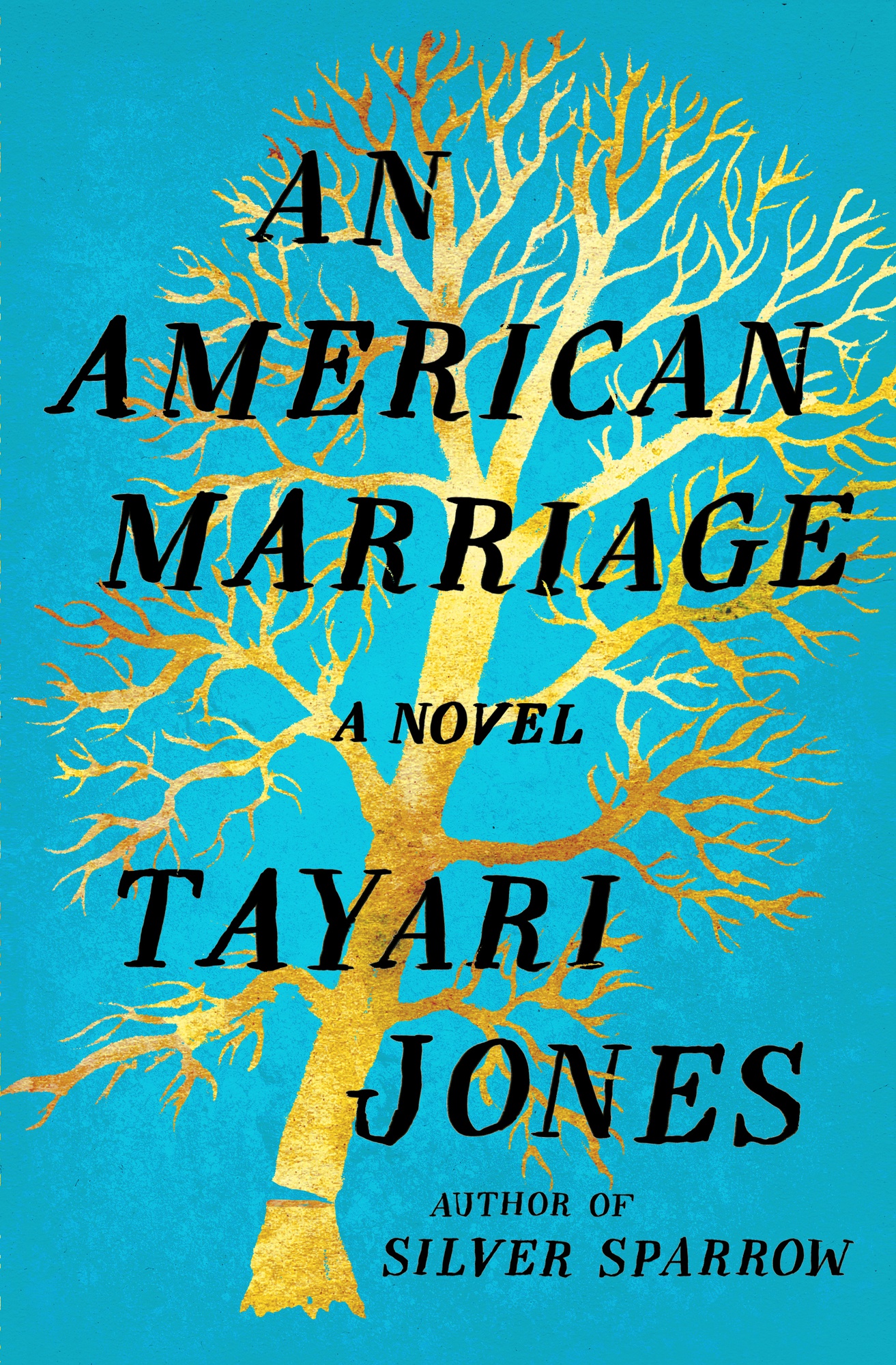
News
HMS Is Facing a Deficit. Under Trump, Some Fear It May Get Worse.

News
Cambridge Police Respond to Three Armed Robberies Over Holiday Weekend

News
What’s Next for Harvard’s Legacy of Slavery Initiative?

News
MassDOT Adds Unpopular Train Layover to Allston I-90 Project in Sudden Reversal

News
Denied Winter Campus Housing, International Students Scramble to Find Alternative Options
'An American Marriage:' Emotionally Raw
4.5 Stars

In her newest novel, “An American Marriage,” Tayari Jones explores black experiences in the present day South. One year after Roy and Celestial marry, Roy is wrongfully incarcerated and sentenced to twelve years in prison. The couple’s past problems only further stress the couple’s marriage, which is already under intense strain. Roy and Celestial must grapple with issues within their family, face the implications of coming from different socioeconomic statuses, and redefine what love and marriage means to them. But most importantly, they must confront what it means to be black in the South. Jones creates a beautifully sad story that will invariably lead to an emotional hangover.
While so much of Southern literature takes place during the Civil War or Antebellum period, Jones places her story in the new South—the South as it is now rather than one hundred years ago. This is a more interesting setting as people try to reconcile the South’s ugly past with its place in America now. Jones portrays the South as a place of growth as Celestial opens a shop within a predominantly white area, without glossing over its problematic aspects such as Southern judges giving harsher sentences to black people. She also distinguishes between the many different areas of the South. The city of Atlanta is quite different from the back roads of Louisiana, and Jones makes this apparent. “An American Marriage” explores the dynamic of a small southern town, as well as a southern city that has a large black population. The novel provides a beautiful mixture of both the past and the present along with the country and the city, showing the diversity of setting in the South.
Jones’ writing style is filled with maxims that speak universal and personal truths. The novel even begins with one: “There are two kinds of people in the world, those who leave home, and those who don’t.” Others address marriage: “Marriage is between two people. There is no studio audience.” Some of these words of wisdom come from the main characters’ parents, but some are the protagonists’ inner thoughts as they untangle their messy lives. The certainty imbued in these words drives them home in a way that can only be done with such blunt statements.
Jones doesn’t shy away from addressing black stereotypes but makes sure they do not define her characters. The father of Celestial’s neighbor, Andre, left him when he was a child, but instead of falling into a trope, he acknowledges the danger of the stereotype, refusing to be “like some kind of tragic black man who grew up without a daddy and is warped for life.” But he also recognizes that these hardships are his own, and that they shape his beliefs and make him a stronger person who “don’t believe that blood makes a family; kin is the circle you create, hands held tight.”
The entirety of the novel centers around Roy’s incarceration, which happens because he was “the wrong race at the wrong time.” There is so much emotion to unpack—heartbreak, loss, lust, and love all play major roles—and Jones takes her reader on the rollercoaster ride. Through letters—both answered and unanswered—long car rides between country house and home in the city, and meetings in the jail’s visitor’s center, Roy and Celestial’s relationship can be described as beautiful, messy, tragic and broken. Short sentences can convey worlds of emotion, and when Celestial decides not to keep the child she is pregnant with she laments that, “My body apparently was fertile soil, but my life was not.” While so much of the novel brings up immense questions about race in America, the strongest part of the story is the way Jones so intensely conveys emotion.
“An American Marriage” deals with important issues in a setting well-suited for such discussion. However, the novel’s serious nature does not make it dry. Jones takes the topics and injects intense emotion into them, creating a narrative that is difficult to put down.
—Staff writer Caroline E. Tew can be reached at caroline.tew@thecrimson.com. Follow her on Twitter @caroline_tew.
Want to keep up with breaking news? Subscribe to our email newsletter.
